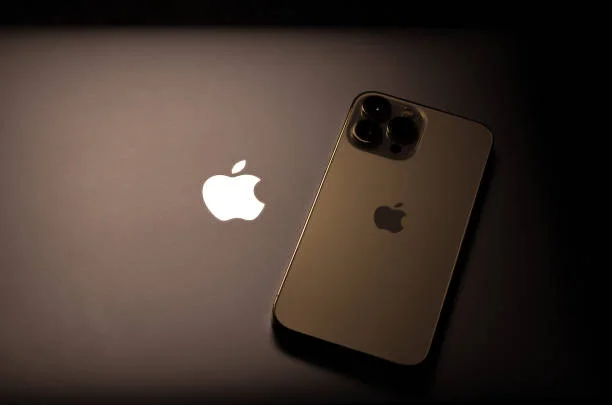Elon Musk – via X Corp. and xAI – recently filed an antitrust suit in Texas. He’s going after Apple and OpenAI. The claim? That Apple lets ChatGPT run deep inside iPhones and Macs, which may give Apple a near‑monopoly that hurts his own chatbot Grok and various other rivals for Musk Files Antitrust Case.
Musk is seeking billions in damages and a court order to stop the practice. The case arises while he still constantly talks about his early days at OpenAI, which he left after its commercial shift.
This is a case that could shake up the SP500 heat map if it results in a ruling against the defendants, and some key points to be noted in relation to this complaint are as follows:
- Apple dominates the phone market with about 65% of the US market share. That could give it the ability to force one chatbot – say, OpenAI – on its users.
- The App Store appears to play favorites: ChatGPT enjoys privileged positioning and increased visibility. While Grok barely shows up, left out of “must‑have” lists and hidden from most users, perhaps deliberately.
- Exclusive access to user data: integrating ChatGPT into iOS would allow OpenAI to access to a massive volume of requests, creating an insurmountable advantage over competitors.
- Musk believes this partnership stifles competition and reduces the diversity of tools available to consumers.
Unlock ideas that drive results—check out this related post for fresh perspectives.
Legal roadblocks
Even though Musk makes a strong case, his lawsuit still faces roadblocks. In the US antitrust laws, the big idea is consumer harm – not just owning a big slice of the market, but actually hurting what consumers get, like price and/or choice Musk Files Antitrust Case.
It might be challenging to demonstrate that having ChatGPT in Apple’s devices concretely harms users. Apple could argue that its actions are about what customers want: safety and efficiency, not about locking out competition.
Therefore, Musk and his xAI legal team will need to provide solid proof that the Apple‑OpenAI partnership stifles new ideas or blocks competition. This is especially true since Sam Altman from OpenAI pointed out that Musk readily uses his platform X to compete against rivals.
Filing the case in the Northern District of Texas is not a minor fact. That court often assigns cases to a single judge, allowing for a certain “forum shopping”. Moreover, the Fifth Circuit is seen as conservative, which could also favor Elon Musk.
This case could turn into a legal precedent, as it would be the first antitrust case for generative AI.vIt symbolizes growing tensions between tech firms about AI centralization and users’ reliance on specific platforms (like the iPhone). This gives Musk some solid grounds, even though the difficulties he could encounter to win the case can’t be overlooked:
- Strengths: Apple’s market power, suspicions of anti-competitive lock-in, and strategic choice of court.
- Weaknesses: difficulty demonstrating real consumer harm, strong defensive arguments from Apple.
Currently, Musk’s chances of winning the complaint remain uncertain. Apple’s huge market share may be a favorable argument, but US antitrust law requires a high standard of proof that he probably can’t provide. More than a simple lawsuit, this case could primarily open the debate on the regulation of AI, and redefine the competition structure in this emerging sector.
Take a deeper dive into actionable insights—explore more and stay ahead of trends.







